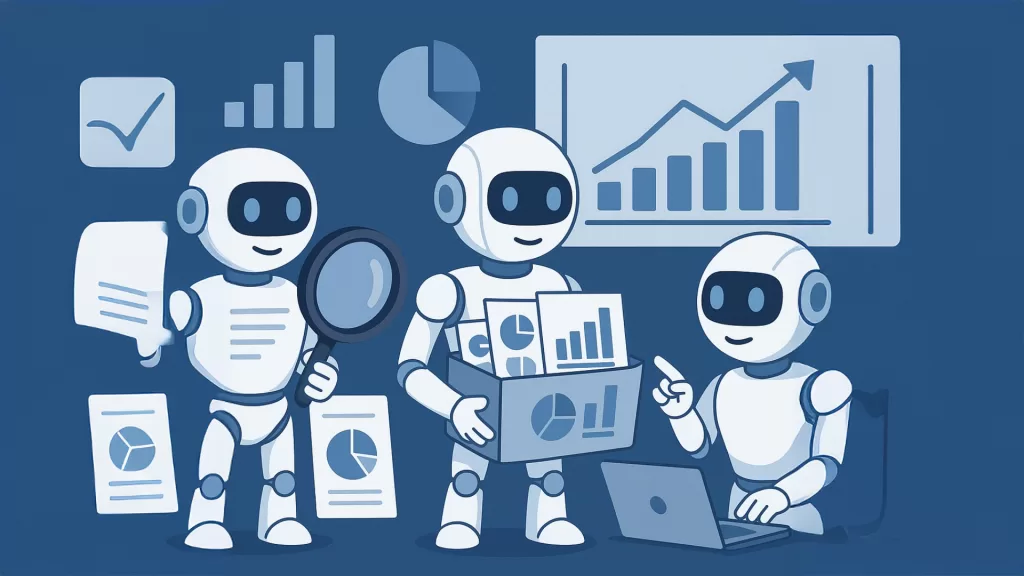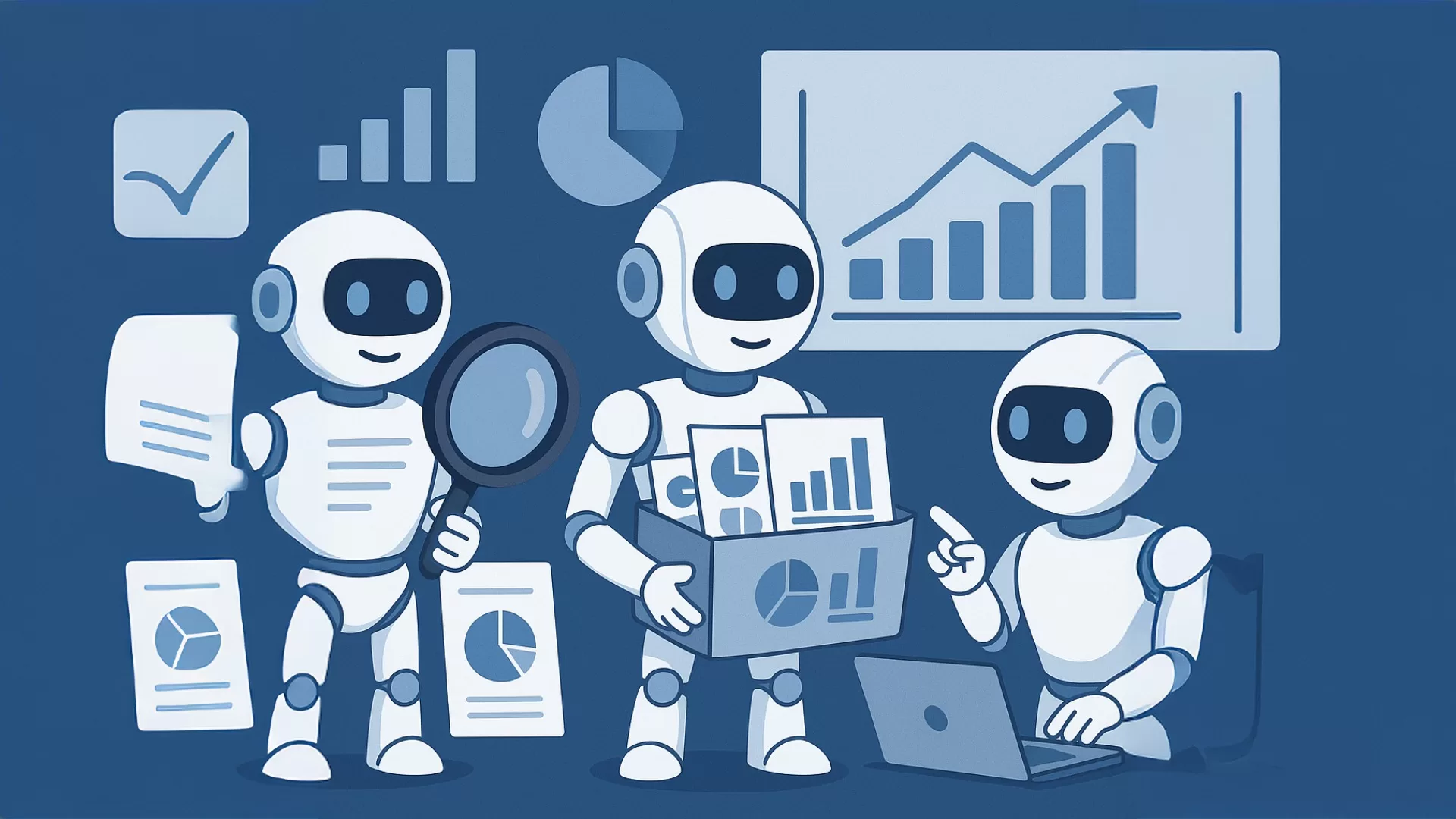Google Cloud has just unveiled a new suite of AI agents and foundational models designed to revolutionize how data teams operate. This new offering, which includes a family of AI agents built for specific tasks and a new set of foundational models, is a clear signal that Google is committed to a future where AI is deeply integrated into data analytics workflows. These new tools are designed to streamline complex processes, improve efficiency, and empower data teams to unlock new insights from their data.

What is Agentic AI?
Before we dive into Google’s new agents, it’s helpful to understand a new and important concept in the world of AI: Agentic AI. Unlike a traditional chatbot that simply responds to a single prompt, an Agentic AI is a more advanced type of AI that can reason, plan, and take action to achieve a goal. For example, instead of just answering a question, an Agentic AI can break down a complex task into smaller steps, perform each step, and then present a final, comprehensive result. This is a significant leap forward in AI, as it allows for a more autonomous and goal-oriented approach to problem-solving.
The New AI Agents
At the heart of Google’s announcement is a new family of AI agents, each designed for a specific purpose. These agents are built on a new set of foundational models that are optimized for data analytics. The agents include:
- Data Explorer Agent: This agent is designed to help data teams explore and understand their data more easily. It can automatically generate visualizations, identify key trends, and provide insights into the data without the need for manual analysis.
- Data Cleaner Agent: This agent is designed to help data teams clean and prepare their data for analysis. It can automatically identify and fix errors, remove duplicates, and standardize data formats, which can significantly reduce the time and effort required for data preparation.
- Data Modeler Agent: This agent is designed to help data teams build and deploy machine learning models more quickly. It can automatically select the best model for a given task, tune the model’s parameters, and deploy it to a production environment.
- Data Translator Agent: This agent is designed to help data teams translate data from one format to another. It can automatically convert data from a legacy system to a modern format, which can help to streamline data migration and integration.
These agents are built on a new set of foundational models that are optimized for data analytics. These models are designed to be more accurate and efficient than previous models, and they are also more customizable, allowing data teams to tailor them to their specific needs.
The launch of these new AI agents and foundational models has significant implications for data teams. By automating complex and time-consuming tasks, the agents can free up data teams to focus on more strategic work, such as analyzing data and generating insights. This can lead to a significant increase in productivity and a reduction in the time it takes to go from data to insight.
The new agents also have a major impact on accessibility. By providing a user-friendly interface for data exploration and analysis, the agents can empower a wider range of users to work with data, regardless of their technical background. This can help to democratize data analytics and make it more accessible to everyone.






